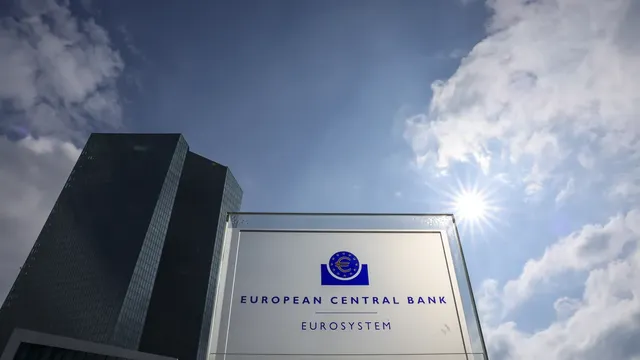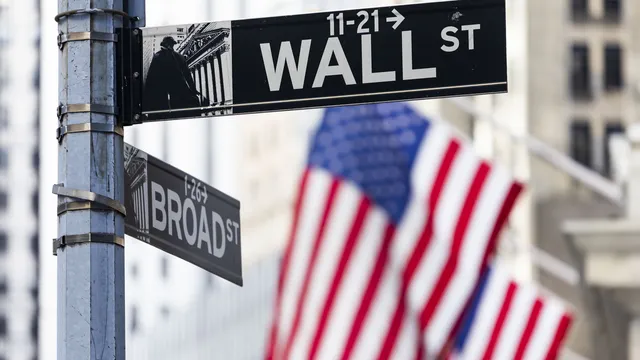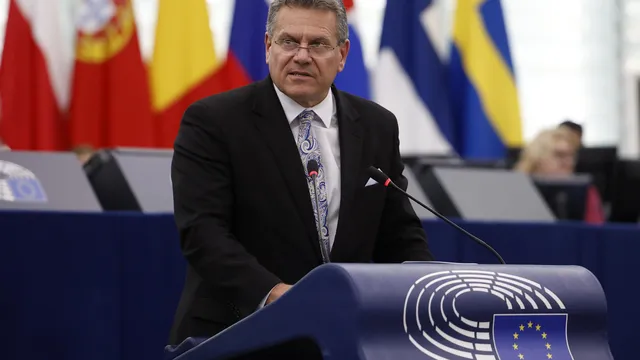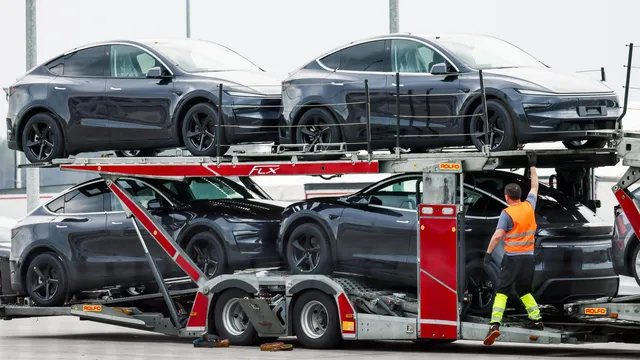Separately, slowing inflation reinforced expectations that the European Central Bank will cut interest rates at its next meeting in June, EuroNews reported.
The S&P Global Purchasing Managers' Index (PMI) for the eurozone rose slightly to 50.1 in April, a level that technically signals growth, but only minimal. The result, revised upward from the initial 49.7, reveals an economy struggling to build on the momentum of the first quarter of the year.
Underlying this slow expansion is a divergence between sectors. Manufacturing grew at its fastest pace in two years, supported by improving supply chains and a recovery in industrial activity.
In contrast, the services sector, the bloc's economic engine, barely registered growth, with the services PMI falling to 50.1 from 51.0 in March. This is the weakest reading since the end of 2024 and indicates that demand in tourism, hospitality, and business services is losing momentum.
Dr. Cyrus de la Rubia, chief economist at Hamburg Commercial Bank, said the overall picture "remains gloomy."
"The service sector, which is a key player, practically came to a standstill in April. Although manufacturing recorded a surprising increase, it was not enough to prevent the overall slowdown in growth," he said.
Behind the headline figures, the underlying data paints a worrying picture. New business orders fell for the eleventh consecutive month, at a slightly faster pace than in March. Manufacturers and service providers reported weaker sales, continuing the trend of weak demand that has been holding back growth since mid-2023.
France once again stood out for the wrong reasons, with its composite PMI signaling contraction for the eighth consecutive month. The eurozone's second-largest economy remains mired in political uncertainty and stagnation, in contrast to the relatively better performance of Spain, Italy, and Germany.
"Spain leads the way in terms of growth, followed by Italy, Germany with insignificant growth, and France in last place. We expect Germany to overtake Italy soon thanks to its generous fiscal package, while France is likely to remain in last place for now," commented de la Rubia.
Employment in the bloc rose for the second consecutive month, with the growing number of people employed in the services sector offsetting the continuing decline in manufacturing. However, companies appear hesitant to expand their workforce, reflecting greater caution amid ongoing economic uncertainty.
Confidence in the future has also been affected. Business expectations for the coming year fell to their lowest level in almost two and a half years. This is the fourth consecutive monthly decline, highlighting how weak demand and geopolitical uncertainty are weighing on sentiment.
There is a silver lining for policymakers. Price pressures continued to ease in April, with input price inflation hitting a five-month low and output prices rising at their slowest pace for 2025 so far. This could support the European Central Bank's case for cutting interest rates in June, which has already been signaled by several members of the Governing Council.
"In the services sector, price pressures remain relatively high, although they have eased slightly in recent months. Sales price inflation is lower and continues to decline. The latest data seem to support the ECB's position," de la Rubia added.
With moderate inflation and still weak growth, markets are increasingly betting on an interest rate cut at the ECB's next meeting.
On the stock markets, those in the eurozone retreated slightly on May 6 after their strong performance in recent weeks. The Euro STOXX 50 index fell 1%, with Germany's DAX down 0.7% and France's CAC 40 down 0.5%.
Industrial giants were among the laggards. Airbus, Siemens, and BASF fell by around 2%, while Carrefour and UniCredit performed better, both rising by 0.8%.
Earnings news added to the volatility. Continental shares rose nearly 2% after the company reported its strongest sales in four years. The company confirmed that it is in a good position amid ongoing uncertainty over tariffs.
Danish wind turbine manufacturer Vestas rose 4% after returning to profit in the first quarter. Hugo Boss rose nearly 6% after better-than-expected revenue, while Philips fell 1% after lowering its full-year margin forecast. | BGNES

 Breaking news
Breaking news
 Europe
Europe
 Bulgaria
Bulgaria







